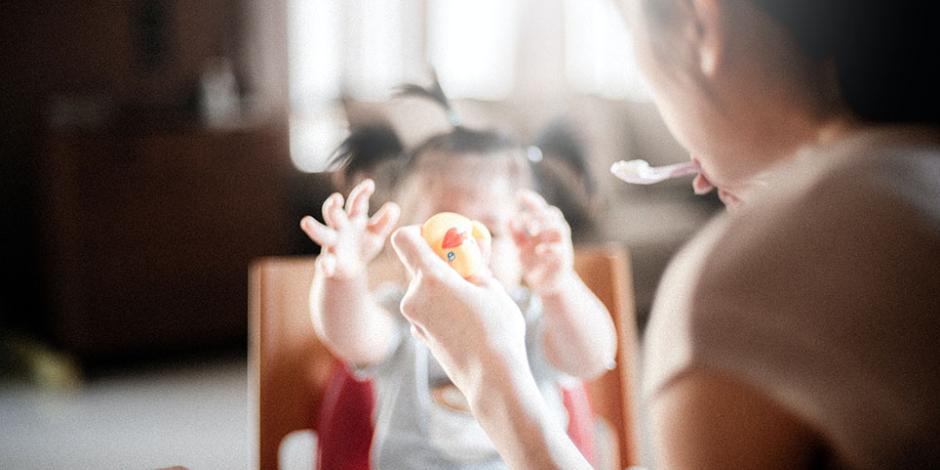Starten Sie den Audio-Text
Mit dem Audio-Player können Sie sich den Text anhören. Darunter finden Sie das Transkript.
The listening exercises in Business Spotlight Plus (p. 5) are based on the article “Who gets the kids?” (Names & News, p. 9). Here, we provide you with the audio file and transcript.
Click here to open the transcript
Who gets the kids?
Family break-ups are never easy, but for Japanese families, they can be even more difficult. Japan’s legal system does not recognize joint custodygemeinsames Sorgerechtjoint custody of children. Often, whichever parent has them at the time effectively gets full custody — leaving struggling couples in a grotesque game of chickenFeiglingsspielgame of chicken: who will be the first to to grab sb.sich jmdn. schnappengrab the kids and run?
In such cases, the other parent may be cut off completely. And as custody disagreements often to affect sth.sich auf etw. auswirkenaffect child support payments, this is one reason why Japan has the highest poverty rate among single-parent households in the OECD.
Many Japanese politicians want to change their country’s sole custodyalleiniges Sorgerechtsole-custody system. Since 2021, a parliamentary subcommittee has been considering reforms, including joint custody and mandatoryvorgeschrieben, verpflichtendmandatory child support. Masayuki Tanamura, who is a member of the subcommittee, told The Japan Times that the current system “doesn’t reflect the needs of modern society”. However, Japanese judges tend to be very conservative, and change may not come quickly. As the discussions to grind onsich (weiter) hinziehengrind on, to spare a thought for sb.an jmdn. denken, jmdn. nicht vergessenspare a thought for the children, who have no sayhier: Mitspracherechtsay in the matter.


